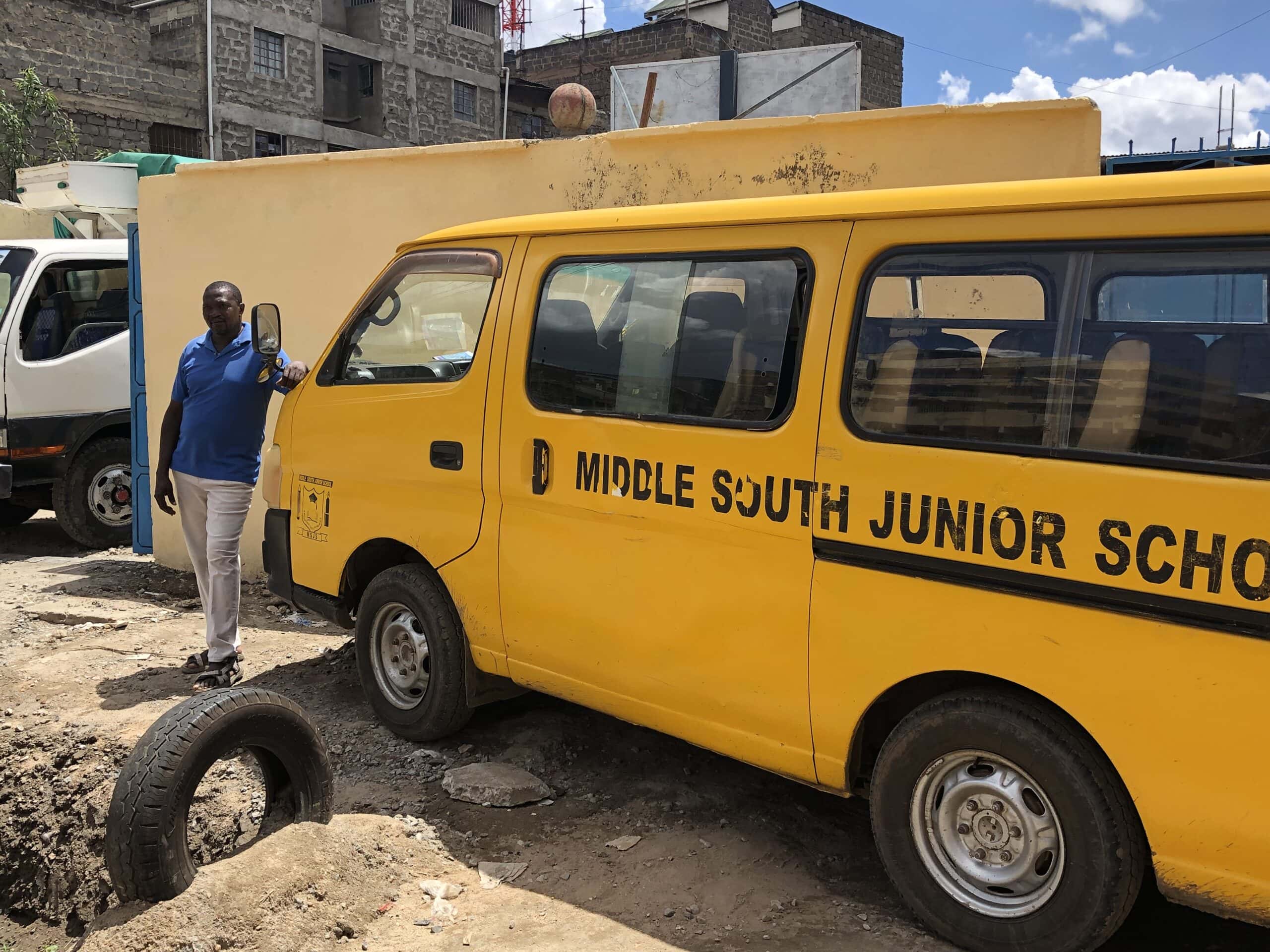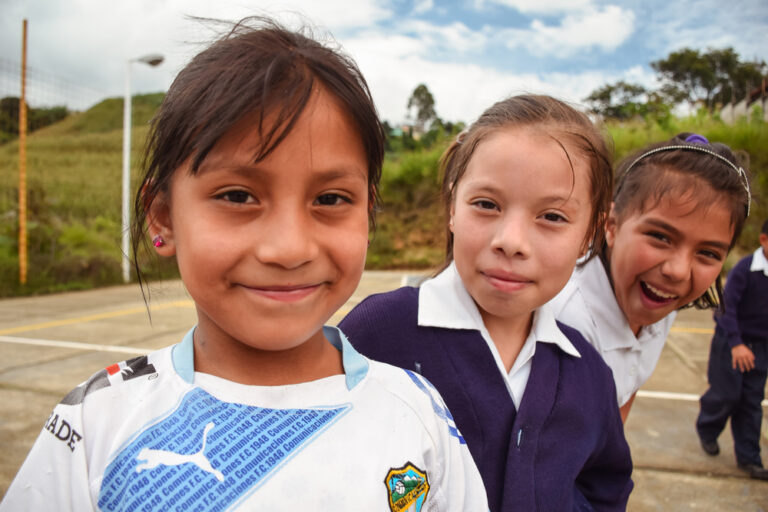Jackfruit Finance provides accessible, affordable loans to Kenyan schools

Elisha Abongo started Middle South Junior School in Nairobi in 2007 with only two students – one of them his own son. The school, which is situated in the Kariobangi South settlement, now counts with 350 students enrolled in classes spanning from pre-school through to class eight.
After working many years with an NGO supporting children in, or at risk of, incarceration or placement in ‘remand homes’, Mr. Abongo realized that a key element in giving these vulnerable children a chance to improve their situation was access to education. When he first set up the school, he paid the teachers out of his own salary from the NGO. The school now has 310 full-fee paying students, with an additional 40 who attend at a subsidised level.
Mr. Abongo recently secured a loan from Jackfruit Finance, who provide technology, capital, and reward programs that help expand access to education in Sub-Saharan Africa, to build a permanent building for his school. His students currently learn in a structure made of corrugated iron mounted directly on the mud floor. During the rainy seasons the school suffers from flooding, and classrooms are not adequately spaced or separated to provide a conducive learning environment.
The new school building will provide more and better equipped classrooms, a play area, and toilet facilities. There is strong evidence that age-appropriate learning spaces and good natural conditions, such as lighting and acoustics, positively affect students’ academic outcomes. Functioning toilets have also been proven to have a positive impact on school attendance, especially for girls.
In addition to providing a better learning environment for the students, Mr. Abongo believes that the additional space will enable the enrollment of more children, thereby increasing access to education in the area. Research on the impact of school improvement loans is limited, but studies of the IDP Rising Schools Program in Ghana and Opportunity EduFinance programs in Ghana and Uganda find a strong connection between school improvement loans and enrolment.
Bosco Otiato, Head of Operations at Jackfruit Finance, explained why access to capital is often restricted for non-state schools: “Low-resource African private schools are frequently locked out of the traditional financial sector due to their informal bookkeeping practices and unique cash flow patterns. With one in three African school children attending a private school, there is a dire need for a financier to close this liquidity gap. Jackfruit Finance is meeting this challenge with tailored credit scoring, digitized systems, and a low cost of capital for schools in order to ‘ensure inclusive and equitable quality education and promote lifelong learning opportunities for all’ (SDG 4).”
Non-state schools play a significant role in Kenya, often providing education in areas where no government schools are available. In Nairobi, where about 60 percent of the population lives in informal settlements, nearly two thirds of primary-school age children attend non-government schools, with lower-income populations served by low-cost private schools. Despite Kenya’s Free Primary Education policy, parents often choose low-cost private schools because there aren’t enough public schools nearby.
Many low-cost private schools in Kenya and other low-and middle-income countries face a number of challenges, including a lack of funding, limited access to resources and facilities, and a lack of formal recognition by the government. However, they can have advantages over government schools, including greater flexibility in curriculum design and teaching methods, and a greater ability to respond to the needs of local communities.
Students at Middle South Junior School participate in the school management through the school governing council, for which they hold elections. The council elects a president and several “ministers” who are responsible for e.g. environment, water and sanitation, sport, and education. Students can raise any issue or suggestion, including concerns around teachers’ performance, with the respective “minister”, who in turn feeds this back to the school management. Evidence suggests that this kind of student engagement in schools has a positive impact on learning outcomes in low- and middle-income countries.
Providing affordable loans to schools such as Middle South Junior School can be an important vehicle to expand access to education in areas where low-cost private schools serve a high proportion of school-age children. We are pleased to welcome Jackfruit Finance to the Education Finance Network, as they continue to work to create high-quality and equitable education systems in Kenya and throughout Sub-Saharan Africa.





